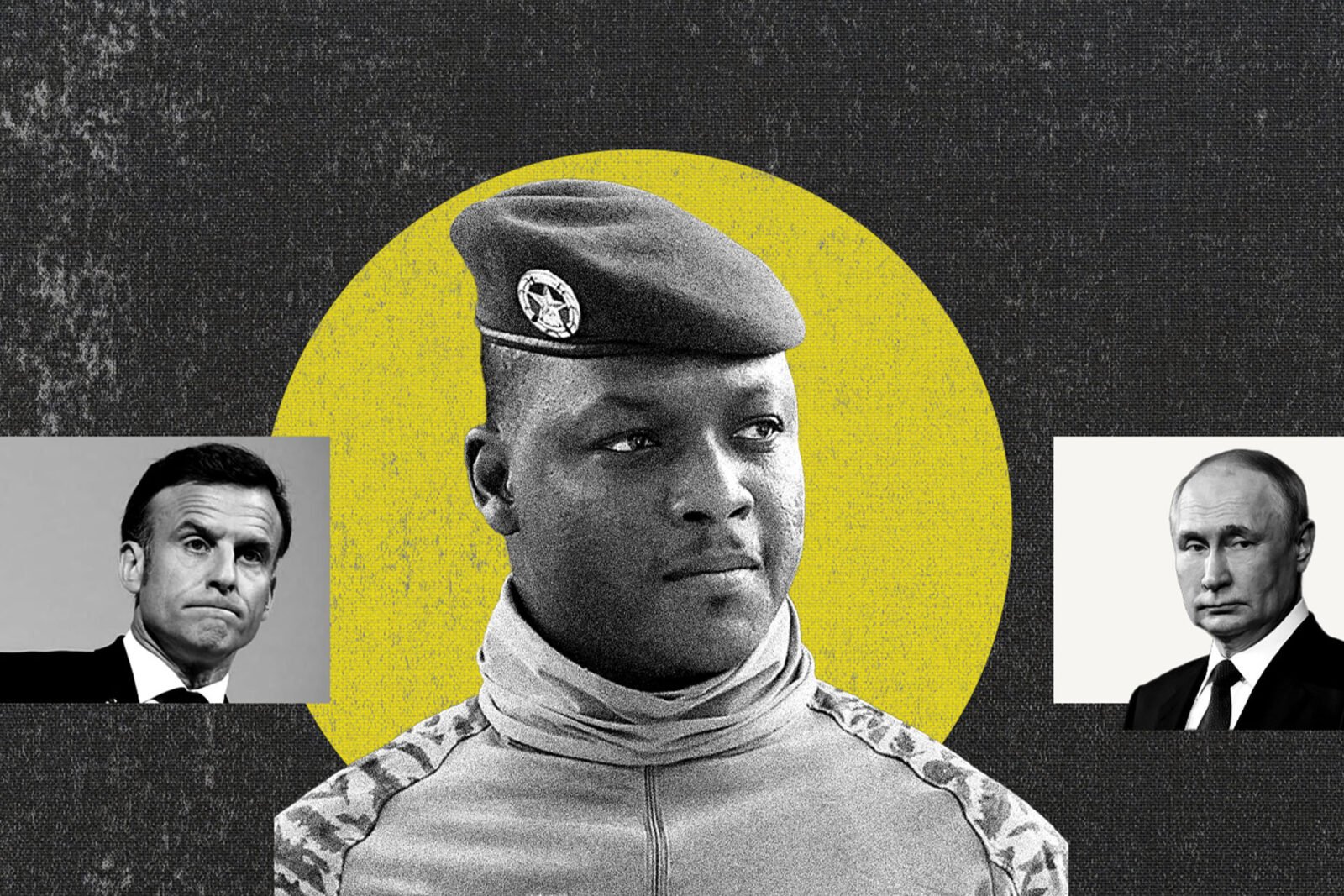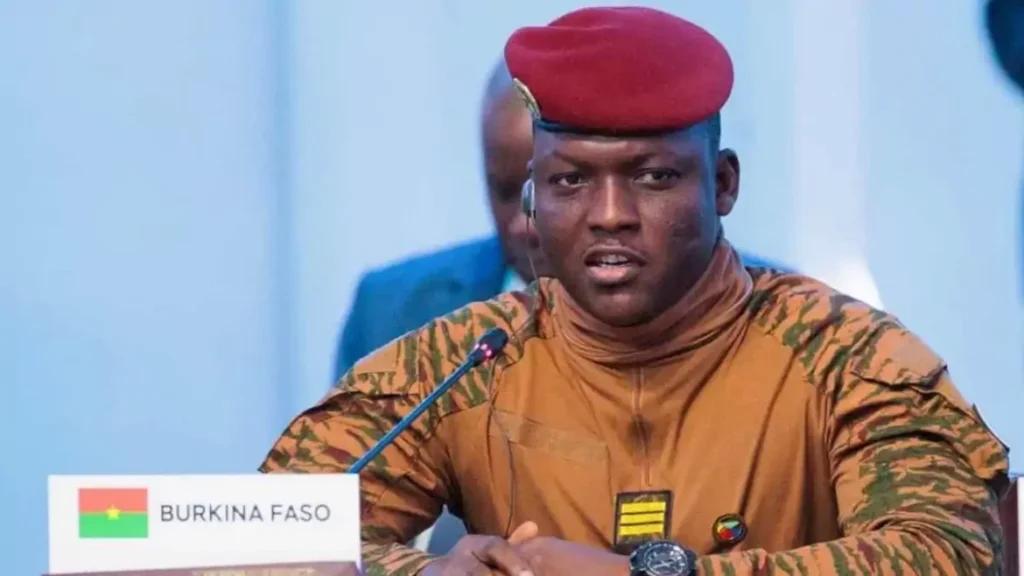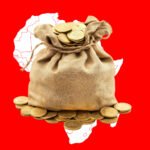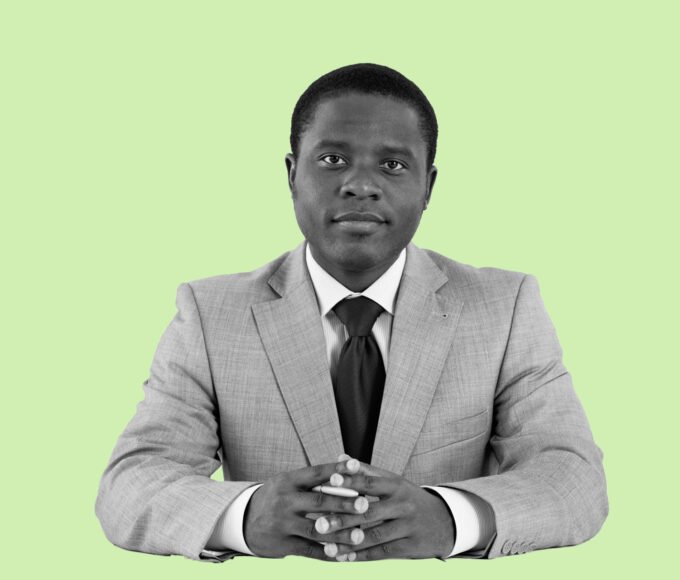Global Support for Ibrahim Traoré
Understand the forces behind Ibrahim Traoré's global support: anti-imperialism, economic changes, and pan-African solidarity.

Ibrahim Traoré, who seized power in Burkina Faso in September 2022, has become a global figure. Despite his coup, he’s gained support across Africa and the Global South. This is due to his anti-Western stance, economic reforms, and pan-African ideals. The recent alleged coup against him in April 2025, and his survival, amplified this support.
Defiance Against Western Influence
Traoré’s appeal stems from his anti-imperialist views. He openly challenged former colonial powers, notably France. This led to the expulsion of French troops. This move broke with decades of Western-centric policy. He’s seen as a symbol against “new colonialism.” His speeches against foreign resource exploitation resonate with many. They view Western dominance as neocolonialism.
His shift toward Russia reinforced his anti-Western image. After the alleged coup, Russia reportedly gave security support. This highlights Africa’s changing politics. Supporters see these new ties as a break from Western partnerships. They see it as a move to independent policy.

Economic Reforms and Resource Control
Beyond his words, Traoré’s economic reforms have gained support. In February 2025, his government claimed Burkina Faso cleared its $4.7 billion external debt due to “smart money management” and better trade deals. However, this claim has been disputed. His nationalization of the gold mining industry, previously foreign-dominated, stresses his focus on resource control. He stated Burkina Faso’s wealth should benefit its people.
Pan-African Ideals and Solidarity
Traoré has become a key voice in pan-African movements. South African leader Julius Malema supports him, seeing him as an ally against Western dominance. The large rallies in Ouagadougou after the alleged coup showed strong domestic support. This is especially true for those prioritizing African agency over Western norms.
Youth, Symbolism, and Transition
His youth and revolutionary image add to his appeal. At 37, he’s compared to Che Guevara and Thomas Sankara. His public displays of faith also connect with Burkina Faso’s Muslim majority. Despite his coup, Traoré pledged a return to civilian rule. This promise has lessened some international criticism.
Challenges and Criticisms
However, Traoré faces challenges. Critics question his democratic legitimacy due to his coup and alleged suppression of dissent. The ongoing fight against jihadist groups raises doubts about his ability to stabilize the nation. Concerns about addressing poverty and climate change also exist.
A Shifting Global Landscape
Despite these issues, Traoré’s global support reflects changing international relations. His anti-imperialist stance and pan-Africanism resonate with those wanting a new global order. The alleged coup and subsequent support suggest a desire for true independence. Whether he can bring effective governance and democratic transition remains to be seen.
His youth and revolutionary image have also contributed to his appeal. At 37, Traoré has drawn comparisons to revolutionary icons like Che Guevara and Thomas Sankara. His devout public image, resonating with Burkina Faso’s Muslim majority, further strengthens his connection with the population. Despite coming to power through a coup, Traoré has pledged a return to civilian rule, a promise that has mitigated some international criticism.
However, Traoré faces significant challenges. Critics question his democratic legitimacy, citing his rise to power and the suppression of dissent. The ongoing security crisis, with armed jihadist groups controlling significant portions of Burkina Faso, casts doubt on his ability to stabilize the country. Concerns about his government’s capacity to address complex issues like poverty and climate change also persist.
We either agree to fight for our country, or we remain slaves forever.
Recent Posts
Related Articles
The Bedrock of Business: Why Discipline Fuels Founders, 5 Ways to Build It
Discipline isn't an innate quality; it's a muscle that can be developed...
ByTrendit Africa5 Core Responsibilities Shouldered by a CEO
The title of Chief Executive Officer (CEO) suggests power, but fundamentally, it...
ByTrendit AfricaStrategies to Stave Off Employee Burnout
Employee burnout has become a pervasive threat in today's demanding work environment,...
ByTrendit Africa













Leave a comment